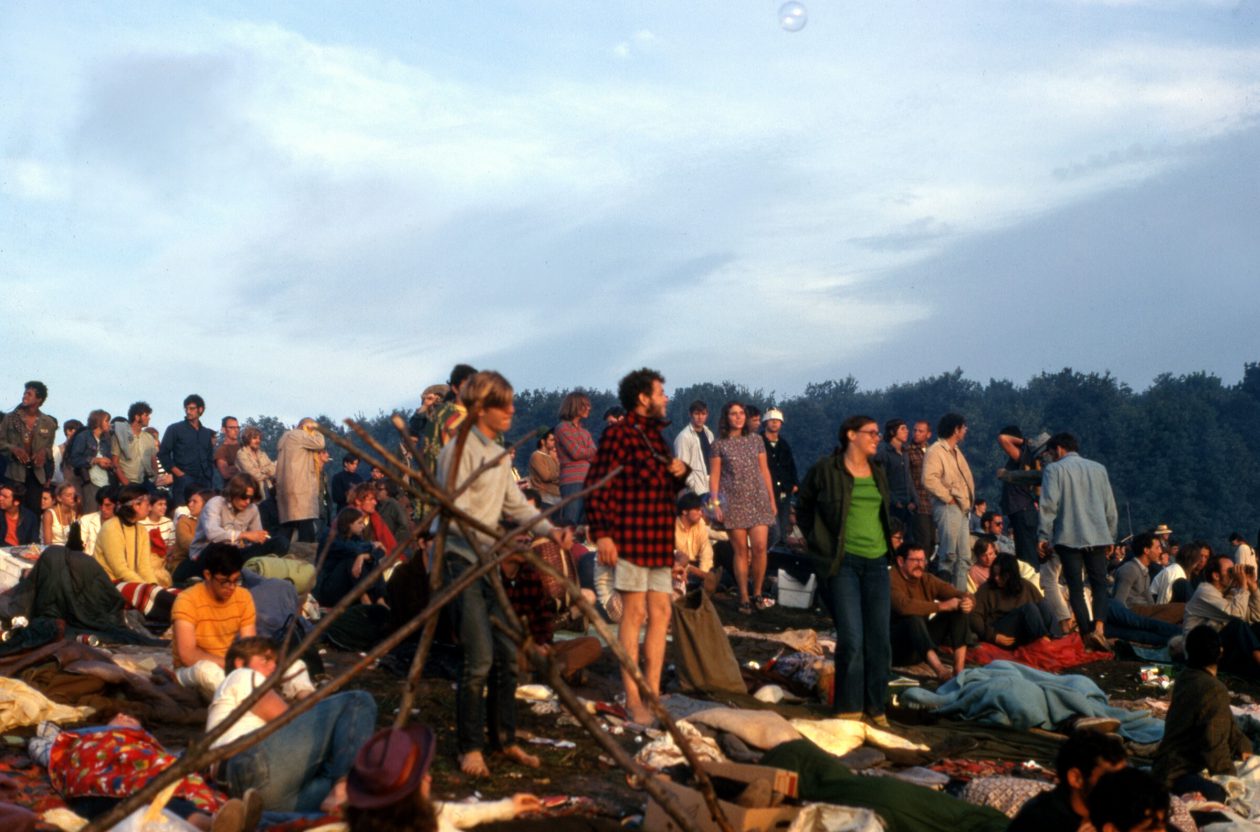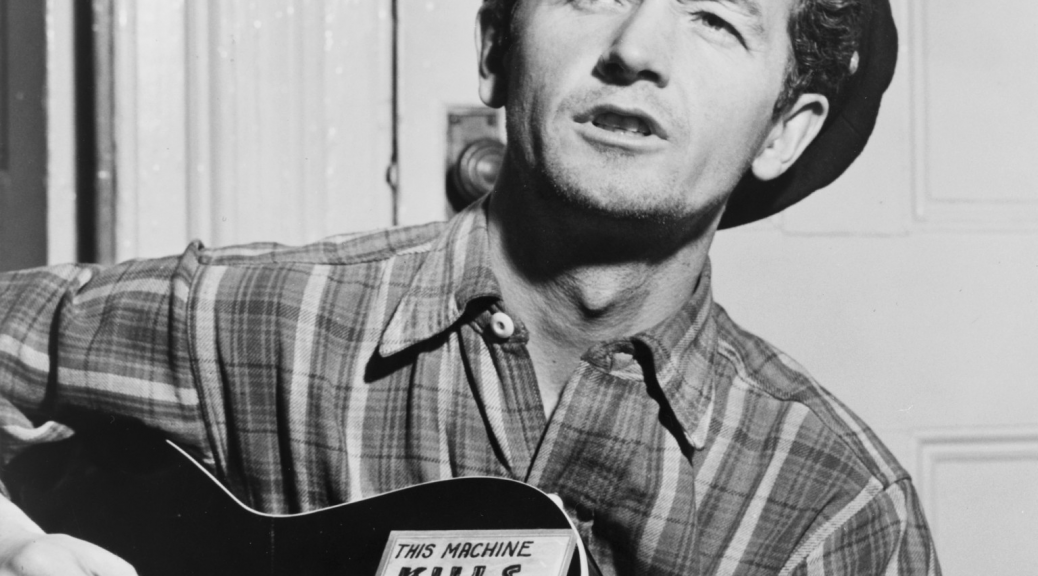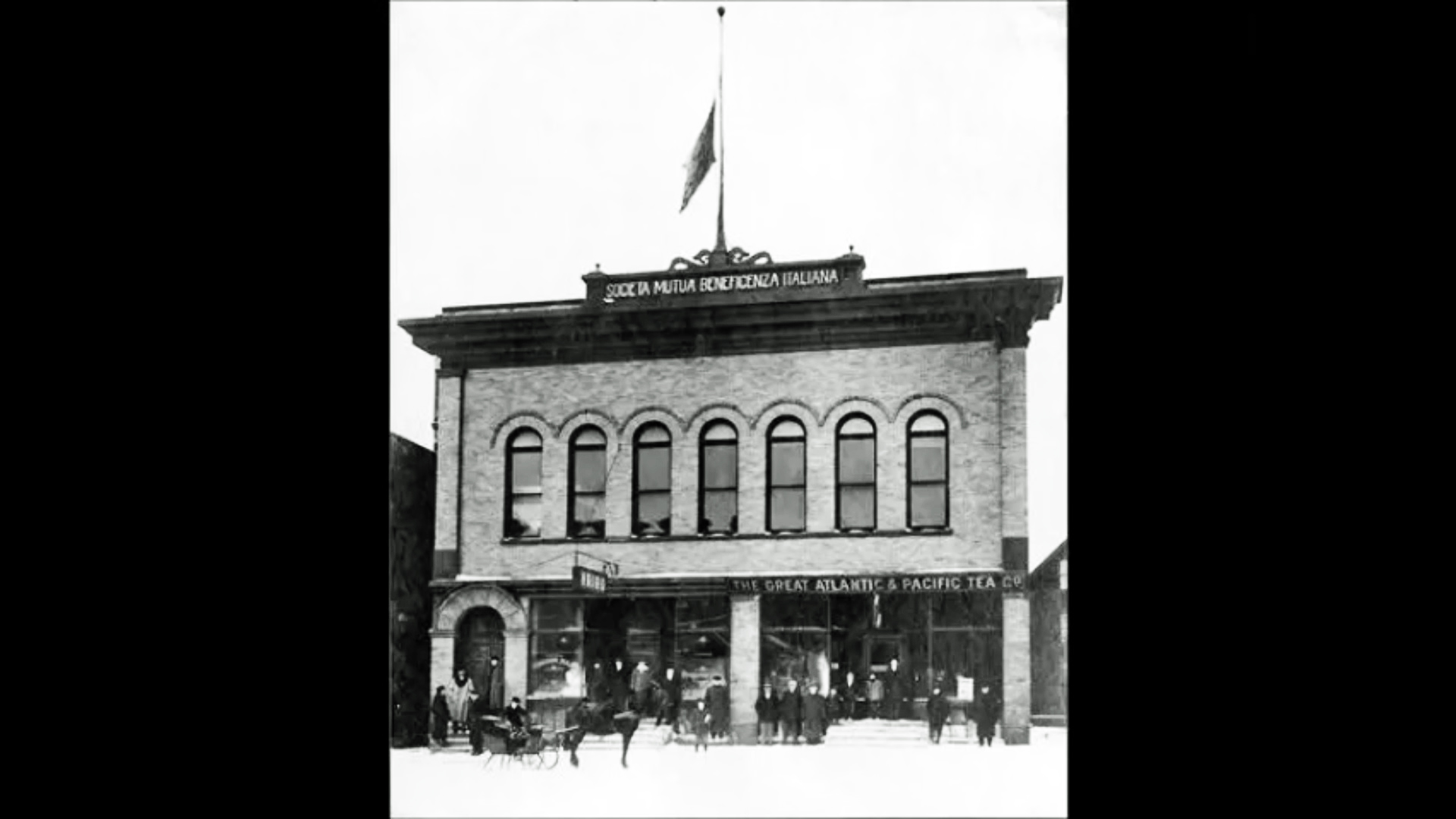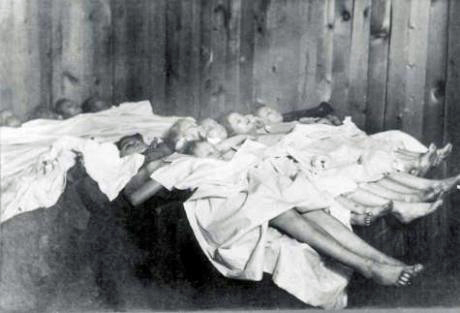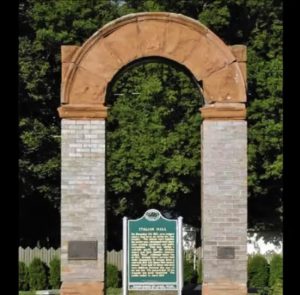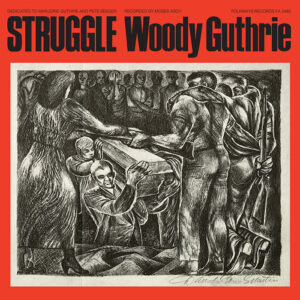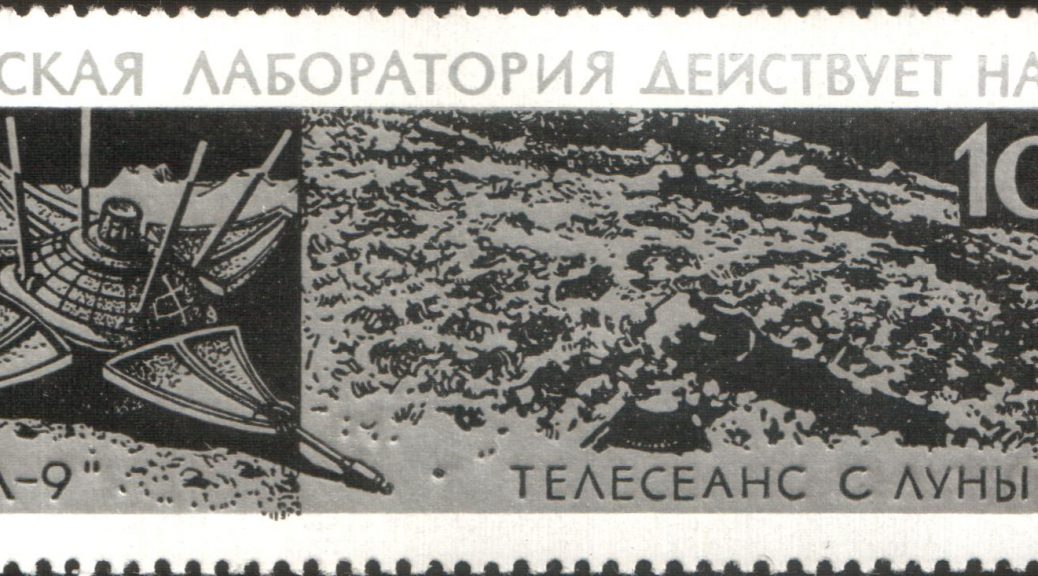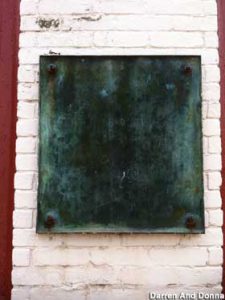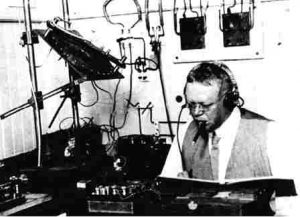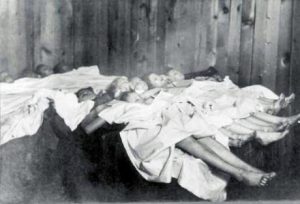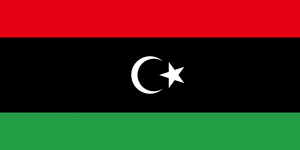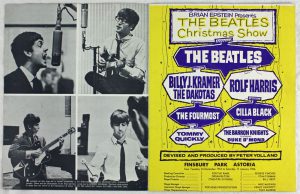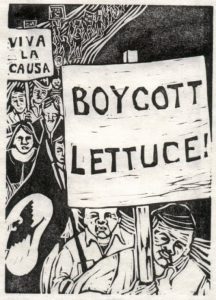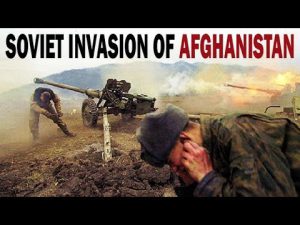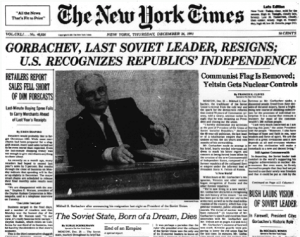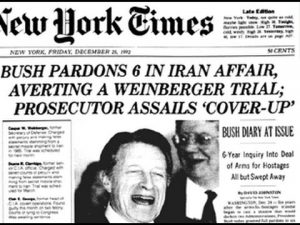Woody Guthrie 1913 Massacre
Western Federation of Miners
In 1913 it was dangerous to belong to a union. Companies hired private police, like the Pinkertons, to guard their factories against striking workers or violently attack and drive away strikers and their supporters. In fact, by the 1890s, the Pinkerton agency boasted 2,000 detectives and 30,000 reserves—more men than the standing army of the United States.
Keeping wages low to insure greater profits and higher dividends outweighed any concern regarding worker safety. Government regulations aimed at helping workers typically met with resistance.
The Calumet and Hecla Mining Company was the largest copper mining company in northwest Michigan. The Western Federation of Miners (WFM) union first established a local in the area in 1908 but it wasn’t until 1913 that the WFM had a large enough membership to demand union recognition from the owners.
The WFM asked for a “conference with the employers to adjust wages, hours, and working conditions in the copper district of Michigan“.
The companies refused and a strike began on July 23, 1913.
Woody Guthrie 1913 Massacre
Italian Hall
The strike was still on in December. The Ladies Auxiliary of the WFM held a party on the second floor of Calumet’s Italian Hall. The only entrance (seen on the far left of the picture below) was via a steep staircase. There were over 400 men, women, and children celebrating.
The “why” of what happened next is unclear. The “what” of happened next is clearly a tragedy.
Woody Guthrie 1913 Massacre
“Fire”?
Did someone yell “Fire”? And if someone did, was it an anti-labor person hired by the company? And did those same anti-labor men block that one entrance?
Whatever the truth is, and unfortunately all the above could very well be true given the type of things management of many companies had done and would do, seventy-three men, women, and children died in the stampede to escape.
There was no fire. The coroner’s ruled the deaths accidental, but gave no causes of death.
Woody Guthrie 1913 Massacre
Federal investigation
On March 7, 1914, a US House of Representative subcommittee came to Michigan to investigate the strike. Some witnesses swore that there was someone who called out “Fire” and that that person wore a Citizen Alliance (anti-union group) button.
The Italian Hall was demolished in October 1984 and only the archway remains, although Michigan erected an historical marker in 1987.
Woody Guthrie 1913 Massacre
More from Woody
Woody Guthrie wrote many songs based on historic events, particularly about workers. He had read the book We Are Many by Mother Bloor, an activist and someone who was at the Italian Hall disaster working with the Women’s Auxiliary.
Guthrie recorded and released “1913 Massacre” in 1941 on Struggle, an album of labor songs. The song never became as well known as other of Guthrie’s songs, but many have covered it, including his son , Arlo, and Bob Dylan. Dylan performed the song at Carnegie Hall in 1961. In fact, Dylan used the tune to “1913 Massacre” to his own song, “Song to Woody.”
Take a trip with me in 1913 To Calumet, Michigan, in the copper country I will take you to a place called Italian Hall Where the miners are having their big Christmas ball I will take you in a door and up a high stairs Singing and dancing is heard everywhere I will let you shake hands with the people you see And watch the kids dance around the big Christmas tree You ask about work and you ask about pay They'll tell you they make less than a dollar a day Working the copper claims, risking their lives So it's fun to spend Christmas with children and wives There's talking and laughing and songs in the air And the spirit of Christmas is there everywhere Before you know it you're friends with us all And you're dancing around and around in the hall Well a little girl sits down by the Christmas tree lights To play the piano so you gotta keep quiet To hear all this fun you would not realize That the copper boss' thug men are milling outside The copper boss' thugs stuck their heads in the door One of them yelled and he screamed, "there's a fire!" A lady she hollered, "there's no such a thing Keep on with your party, there's no such thing." A few people rushed and it was only a few "It's just the thugs and the scabs fooling you," A man grabbed his daughter and carried her down But the thugs held the door and he could not get out And then others followed, a hundred or more But most everybody remained on the floor The gun thugs they laughed at their murderous joke While the children were smothered on the stairs by the door Such a terrible sight I never did see We carried our children back up to their tree The scabs outside still laughed at their spree And the children that died there were seventy-three The piano played a slow funeral tune And the town was lit up by a cold Christmas moon The parents they cried and the miners they moaned "See what your greed for money has done."
Woody Guthrie 1913 Massacre
2011 movie
In 2011, directors Ken Ross and Louis V. Galdieri released a documentary film entitled “1913 Massacre.”
